Trump’s next travel ban will affect up to 16 million American citizens
Trump’s travel ban prohibiting those from 7 high risk countries from entering the United States for a few months has sparked protests across the country and crocodile tears from Senator Chuck Schumer. This ban affects a relatively small number of foreigners and caught 109 people “in the air,” who were held at US airports for hours on end.
Having been detained at two different airports over my many years of travel, I can relate to their pain. So far, 100,000 US visas have been revoked since Trump’s travel ban and a former Prime Minister of Norway was inconvenienced for a whole hour because he had visited Iran.
No matter your political affiliation, we all feel for those impacted by Trump’s travel ban (maybe not the PM, but everyone else). But these numbers are NOTHING compared to what’s coming for American citizens in 2017!
The Trump IRS will begin revoking or failing to renew the passports of Americans with “significant” tax debts in early 2017. If you owe more than $50,000, your passport can be taken away and you will be prohibited from leaving the United States.
About 16 million Americans, many of them expats, have significant tax debts. Thus, Trump’s 2017 travel ban will affect up to 16 million American citizens. It promises to be the largest travel ban enforced by any country since World War II.
If you owe more than $50,000 to the Federal government, including interest and penalties, your passport and right to travel can be revoked.
Also, the IRS must have made some effort to collect from you. This means that:
- The IRS has filed a notice of federal tax liens and 90 days has passed without your filing an appeal.
- The IRS must have attempted to levy your bank account.
It’s not required that an agent contacted or visited you. Nor is it necessary that you actually received the notice of tax lien or levy… just that they were mailed to your last known address.
Both of these collection procedures are automated – handled by IRS computers. Anyone oweing $50,000 or more for over 1 year will have had a lien and levy issued, so anyone with an qualifying tax debt can have their passport revoked.
There are some situations where the IRS is prohibited from collecting from you and from revoking your passport. If your tax debt meets the following tests, you will be exempt from the travel ban. If the debt is:
- Being paid in a timely manner under an installment agreement entered into with the IRS,
- Being paid in a timely manner under an offer in compromise accepted by the IRS,
- For which a collection due process hearing is timely requested for a levy, or
- For which collection has been suspended because a request for innocent spouse relief under IRC Section 6015 has been made
In all other cases, if you owe $50,000 or more, you will land on Trump’s next travel ban list.
The process of placing a US citizen on this travel ban list requires that the IRS certify the debt (send a letter) to the State Department by stating that you owe $50,000+ and asking them to revoke or refuse to renew your passport.
When asked to refuse to renew or issue a passport, the State Department will hold the request for 90 days.
During this time you can negotiate with the IRS (not State) and attempt to resolve the debt. Your options are to pay in full, prove the debt is in error, or enter into an installment agreement that’s acceptable to the IRS.
There is no wait period allowing you to resolve your debt before the State Department revokes your passport!
Once your passport is revoked or refused ( the 90 day grace period passes), your ability to negotiate an installment agreement is gone. Your only options are:
- Pay the bill in full,
- Wait out the 10 year statute of limitations or successfully complete bankruptcy so that the debt is no longer legally enforceable,
- Pay the bill down so you owe less than $50,000, or
- Prove the debt is in error.
If you’re at risk of losing your US passport, there are two ways to avoid Trump’s travel ban. You can buy a second passport from a country like St. Lucia or Dominica, or you can gain residency in a country like Panama and move there.
It will cost you about $130,000 to buy a decent passport. You can get residency in Panama with an investment of $20,000 if you’re from a friendly nation.
However, both of these options must be completed before you lose your US passport. Once you’re on the travel ban list, no country will grant you residency or citizenship. Also, you will be unable to leave the United States, so there will be no way to complete the application process.
I hope you’ve found this article on Trump’s next travel ban to be helpful. For more information on how to settle your tax debt, to buy a second passport, or to negotiate residency in Panama, please contact me at info@premieroffshore.com or call us at (619) 483-1708.

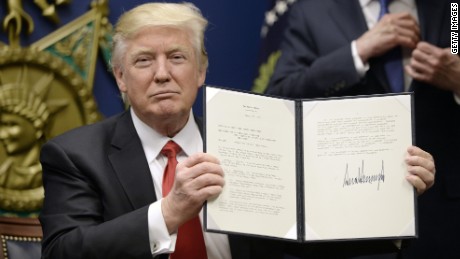
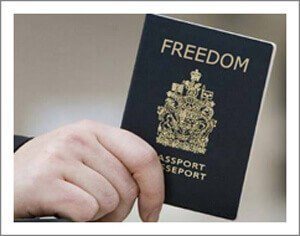
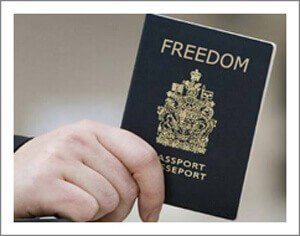
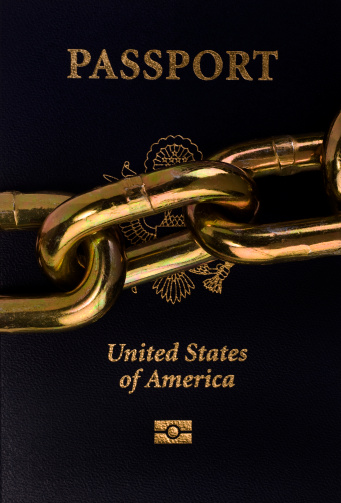
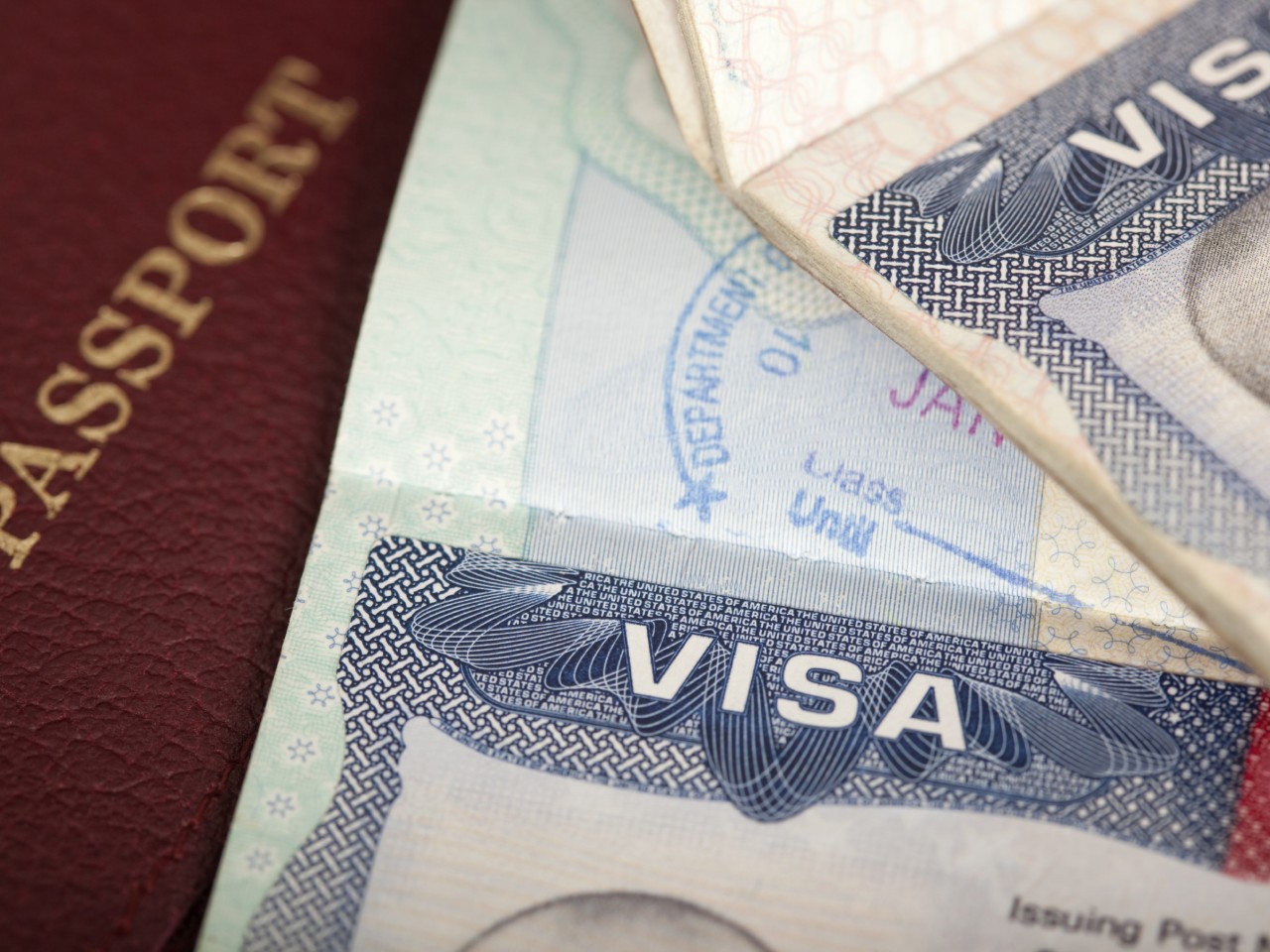
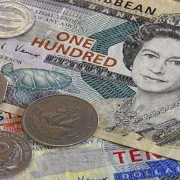
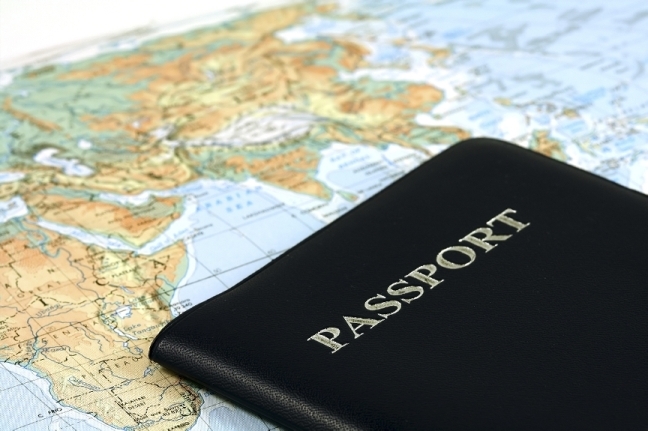



Leave a Reply
Want to join the discussion?Feel free to contribute!